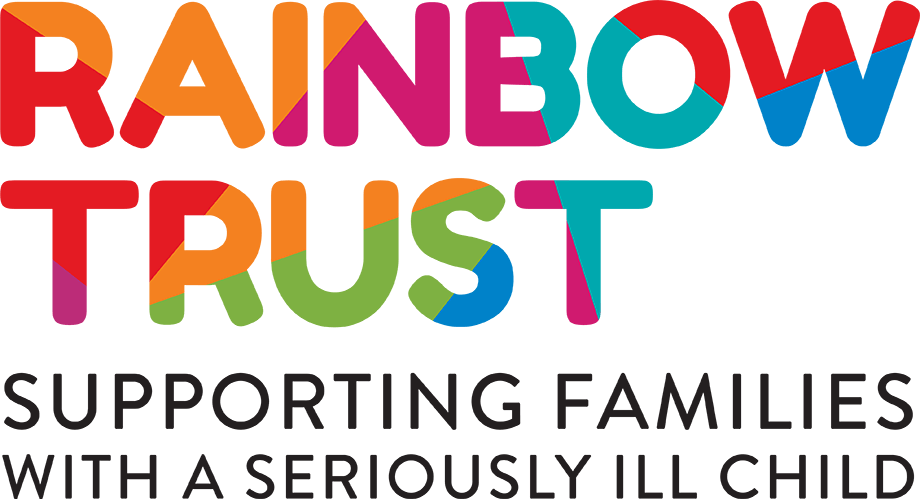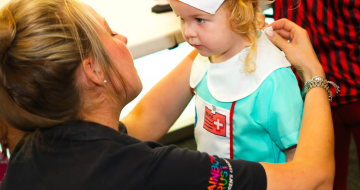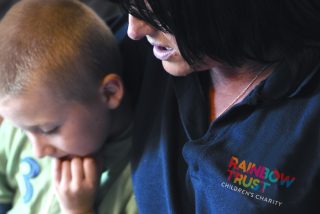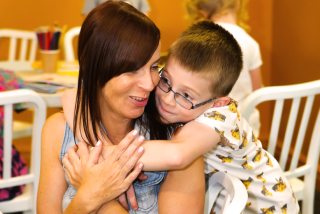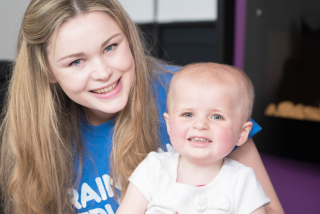Date published: 16 November 2016 by Anna Jackson
Rainbow Trust Children’s Charity welcomes the attention given to the impending funding crisis for children’s palliative care on today’s BBC Breakfast programme, and urges decision makers to address the needs of all palliative care providers including community and social care providers.
As part of a week-long focus on cancer, BBC Breakfast today broadcast several items live from Claire House Children’s Hospice in Liverpool. Among those interviewed was Barbara Gelb, CEO of Together for Short Lives, who issued a stark warning on the scale of the funding hole faced by children’s palliative care organisations, saying that children’s palliative care providers are on the brink of a ‘huge crisis’.
A new survey of both adult and children’s hospices shows that three in five hospices have had their government funding frozen or cut over the last year, with the average children’s hospice receiving 20 per cent of their income from government sources. The figure drops to just three per cent for Rainbow Trust as the social palliative care services we provide fall outside the government’s hospice funding programme.
Anne Harris, Director of Care for Rainbow Trust, commented, ‘We are pleased to see this spotlight on the funding challenges facing child palliative care organisations, including Rainbow Trust. However, we urge decision makers to address the funding needs of all types of children’s palliative care – including social care services such as our own.
Terminally ill children and their families have additional needs every day, throughout the year, and they need support when they leave the hospital or hospice. This is where Rainbow Trust comes in, offering tailored support to the whole family. This social palliative care is often overlooked. We know there are many more families who could benefit from our services if local decision makers put the needs of seriously ill children and their families at the heart of the commissioning process.’
